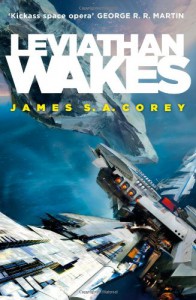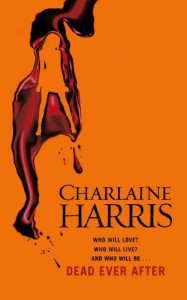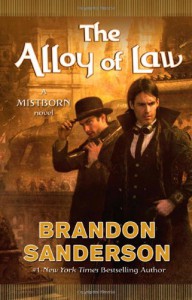
In all fairness, I ought to give one or two more stars to this novel for the following reasons.
The sheer amount of research put into the novel to make a complete picture of a small medieval German town and it's surrounding politics, not to mention the great walk-on parts of Occam and the peripheral references to Roger Bacon, made the novel a true tour-de-force.
Mr. Flynn's well-thought out idea behind hyperspace was explored quite thoroughly and also deserves much praise.
Even the basic premise behind the novel, where chivalrous knights meet grasshopper aliens, where priests are successful in converting bug-eyed aliens to christ, and a humanistic treatise on the nature of charity applied equally to the alien and the human during the horrible times of the Black Plague made the novel shine.
Why I am not giving the novel a 4 star or a 5 star is purely upon me. I was bored. It took an awful long time to get through the novel, for me, and I'm generally very forgiving for every text I pick up. I can usually find great things to say about a novel even if I didn't quite like it.
I'm in a different position for this one. I liked it. I liked it quite a lot. Unfortunately, I wanted more action, more reveals, more melodrama, more something that I can't quite put my finger on. Perhaps I would have been as happy with the novel without the present day sequences. Perhaps I would have been more happy with a lot more philosophy shaken in to the situation. These are personal preferences, and I know that's such an obvious thing to say within a review. I want to apologize for not giving the book more stars because I feel like it tried so hard and was brilliant on so many other levels. If I were to say that the novel was technically great, I wouldn't be wrong, but it also drops the hint that something was missing.
Perhaps, in the end, what I was looking for amidst the beautiful detailed description of the world he wrote was something as small and juicy as a theme. Perhaps I just wanted a theme that was beyond the good christian alien.
I really feel guilty. It was good. I just have the feeling that something was missing.
 I need to clarify my adding this book to the transhumanism bookshelf. It really ought to have it's own category of transfaeism, but the fae really act so much like humans that I just couldn't find the real difference.
I need to clarify my adding this book to the transhumanism bookshelf. It really ought to have it's own category of transfaeism, but the fae really act so much like humans that I just couldn't find the real difference.

















